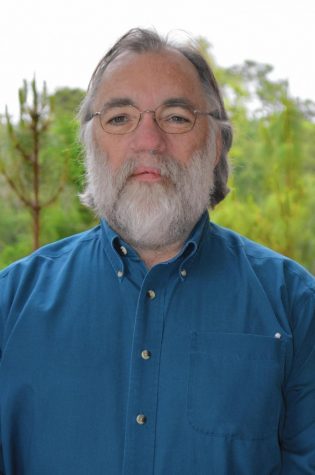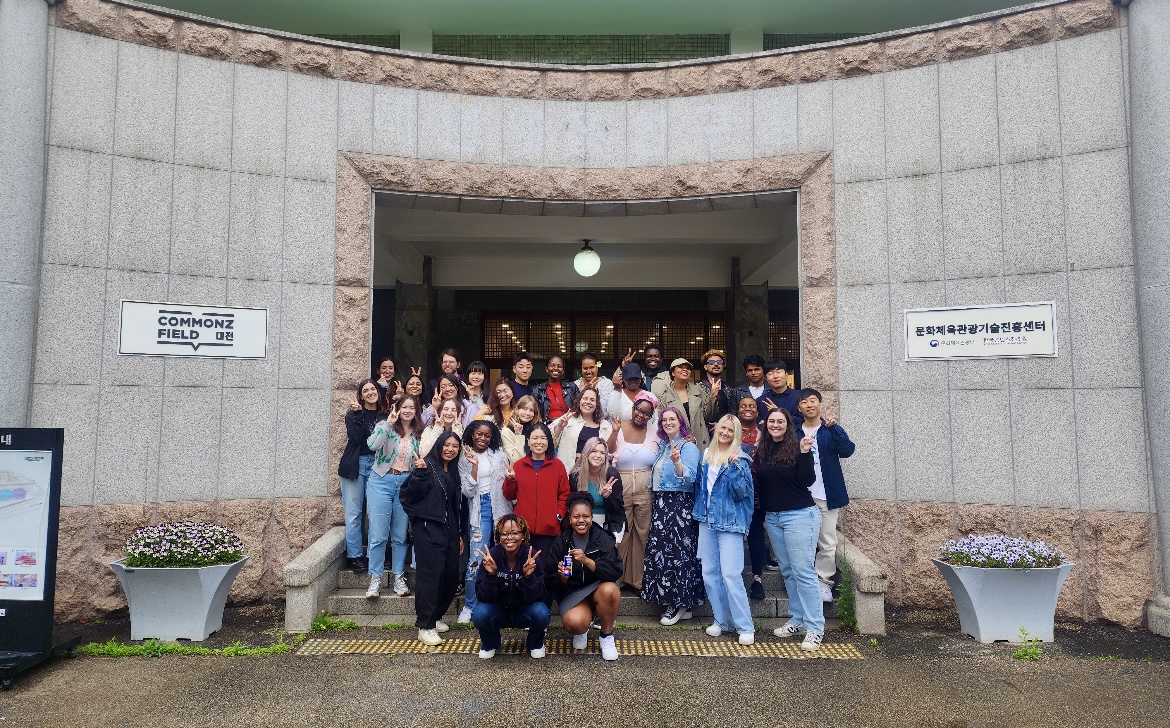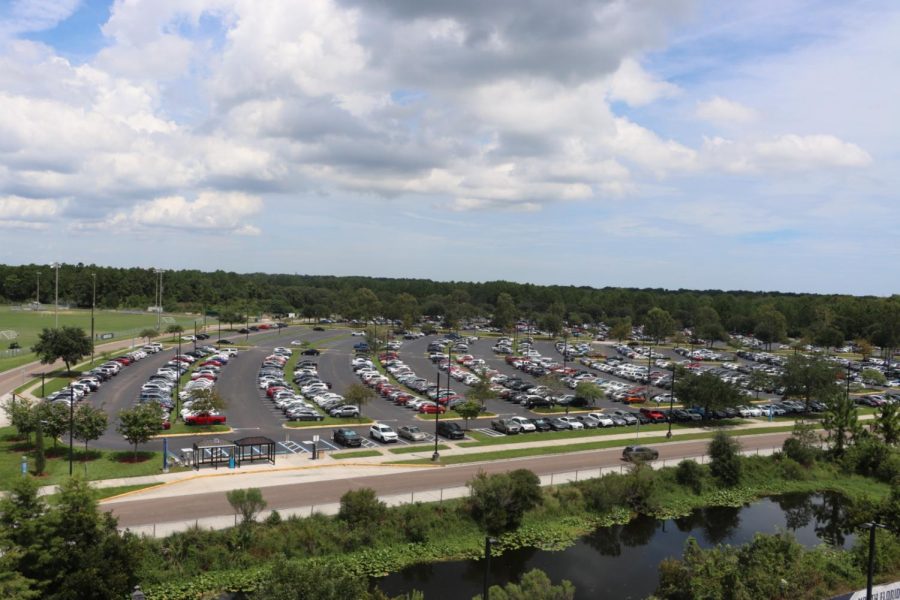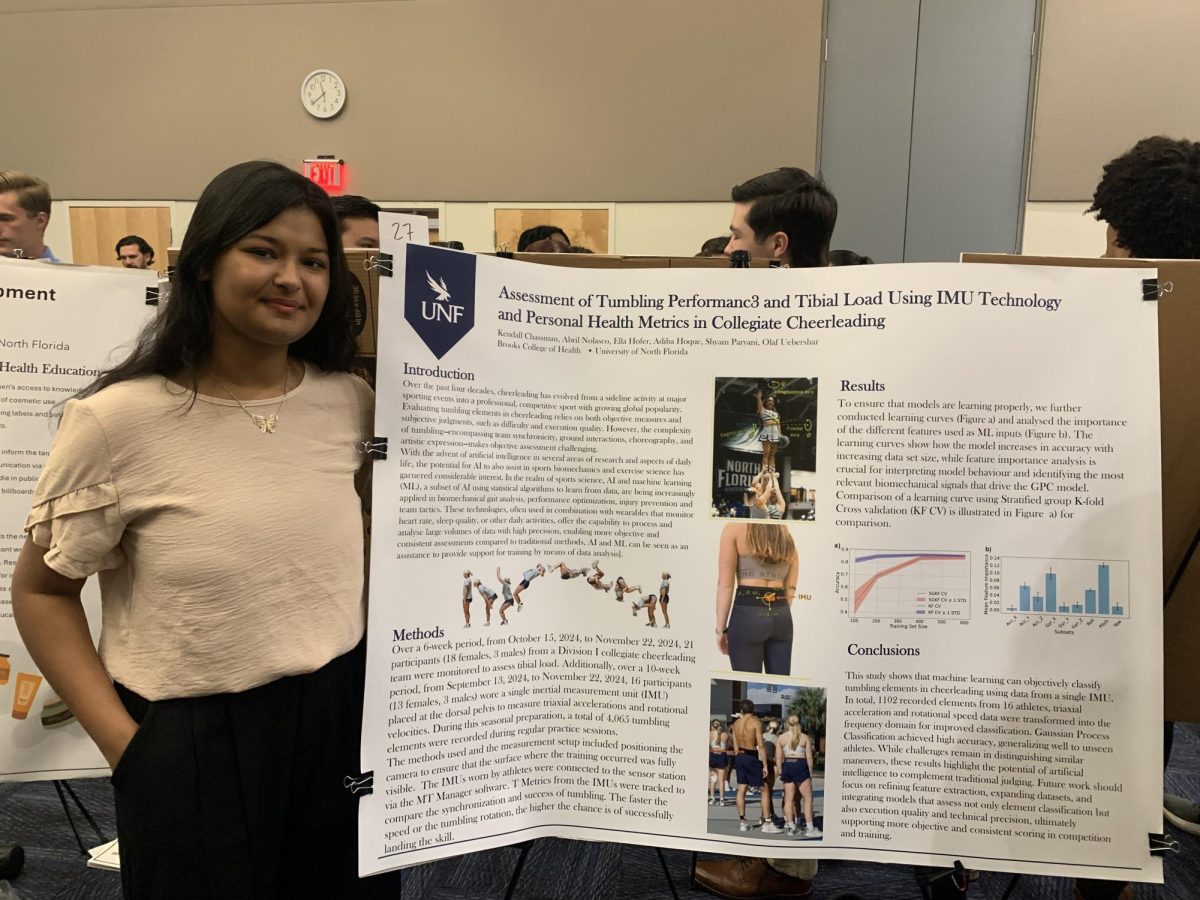“And the rocket’s red glare!
The bombs bursting in air!
Gave proof through the night
That our flag was still there.”
-Francis Scott Key
The Star Spangled Banner was written during the British Royal Navy’s bombardment of Fort McHenry in Baltimore but halfway around the world, a similar refrain is being sung across Syria today. Rather than broadsides from cannons on wooden galleons, guided missile destroyers rain down salvos of Tomahawk cruise missiles onto their targets. To the millions of Syrians, this war zone is their home. It is where they must live, work, raise their children and survive all while various interests strategize and employ their tactics to achieve victory.
During the conflict that has enveloped Syria, millions of civilians have been displaced and have become refugees, while over three hundred thousand have been killed and countless more injured. This conflict not only affects these people but it has directly affected the lives of students here at UNF. From students who were born and descended from Syria to the ROTC cadets on campus who are preparing to lead a life in the military with the possibility of being deployed to a war zone. The Syrian conflict has far-reaching consequences, which can have direct and lasting effects on all of us, regardless of if we pay attention or not.
Natali Zaher, an International Business junior, was born in Damascus, Syria and had a normal childhood growing up with her mother and older sister. When she was ten years old, she and her sister were approved to move to the United States with her dad but her mother’s immigration paperwork wasn’t approved.
“The immigration system is very poor, I think it’s unfair that refugees aren’t allowed to enter the states even though the U.S. knows they’re harmless, hopeless and helpless,” Zaher says. “It’s one thing to be strict on who enters the country but it’s another to ban an entire country from entering.”
The pain of having to live in another country, while her mother was half a world away has motivated Zaher to pursue a law degree.
Zahar reminisced that when she grew up in Syria, there was peace. However, when Zaher visited her family in 2016, things changed dramatically.
“The streets are empty, I woke up to gunshots and bomb sounds coming from the military bases, people are grumpy, prices are through the roof, there are military checkpoints on every single street, the country is a chaos,” Zahar said. “It’s so depressing.”
Zaher says that the war started with protests against Bashar Al-Assad, it then escalated to the two sides fighting, pro-Al-Assad and Anti Al-Assad, that’s when it became a civil war.
“Then ISIS came into the picture, the free Syrian army was developed (fighting against the Syrian government). America funded the free Syrian army,” Zaher said. “Russia supported the Syrian regime. And then it turned to something bigger than a civil war. The good is the Syrian regime, the bad in my opinion is ISIS, and America and all of its allies who just threw 30 missiles at my homeland last night.”
UNF Associate Professor of Political Science and Public Administration, David Schwam-Baird, offers his perspective on the current situation in Syria. He states that for a majority of Syria, ISIS doesn’t control the territory. He continues to state that from the American point of view, Bashar Al-Assad is unacceptable as the leader of Syria, but there is no other viable alternative.

“Much of the opposition to Assad, not all of it but much of it, is made up of extremist radical jihadist groups that we would not want to get into power, and they are stronger than the more moderate Arab groups or more moderate Muslim groups,” said Schwam-Baird. “There are the Kurds in Northern Syria, who are much more pro-West, much more moderate. But, they are a minority in Syria and they are also unacceptable as a partner to Turkey, for a variety of reasons.”
Schwam-Baird continues saying that there are several other countries and organizations that have their role in Syria. According to Schwam-Baird, everyone has a finger in the pot that is the Syrian civil war, this includes Turkey, Russia, Iran, and Saudi Arabia.
“So, it’s a civil war in the first place with so many factions fighting each other and you’ve got so many outside powers who are trying to direct it in a way that they think is advantageous to themselves,” Schwam-Baird said.
While there are various groups of people fighting for control of their country, the people of Syria are looking forward to a day when they can return to a life without violence. Zaher shared that the upcoming holiday of Ramadan reminds her of peace, even though her family isn’t Muslim.
“[Ramadan was] absolutely beautiful and there are so many feasts being shared with everyone,” said Zaher. “But now everyone keeps to themselves because of the violence.”
—
For more information or news tips, or if you see an error in this story or have any compliments or concerns, contact editor@unfspinnaker.com.















